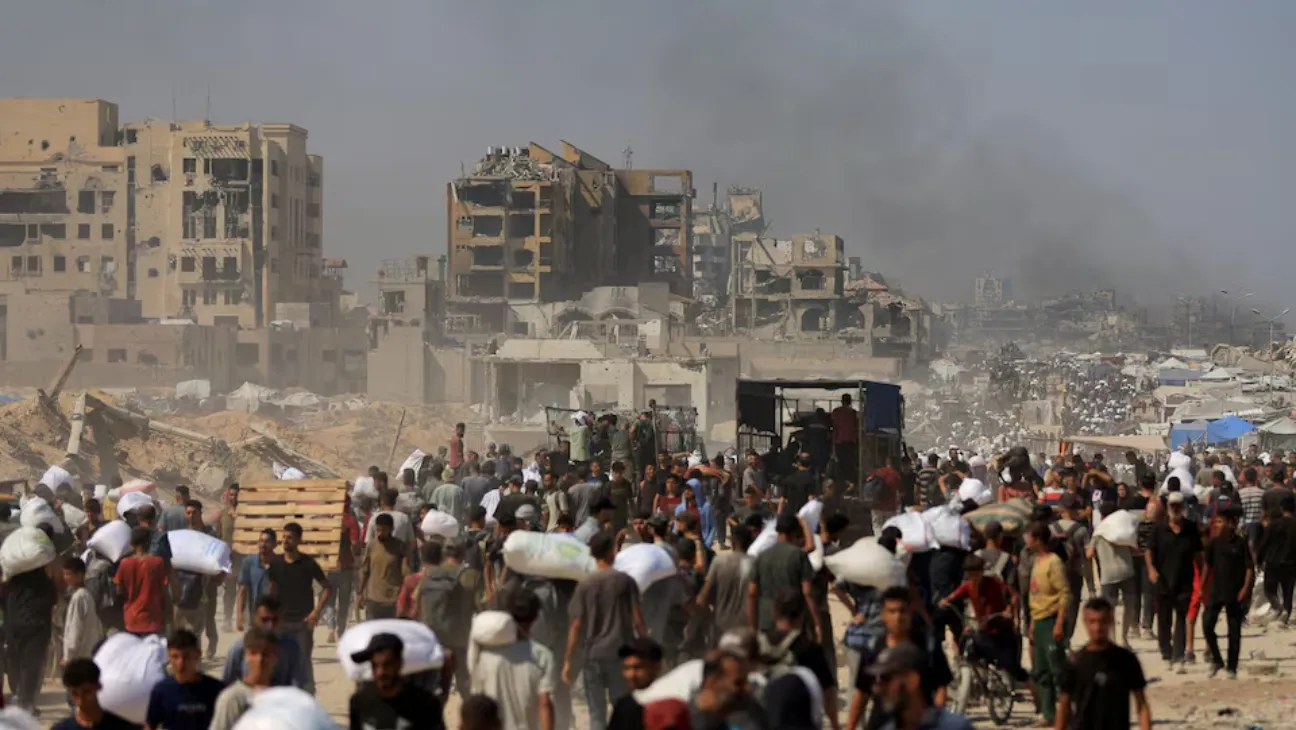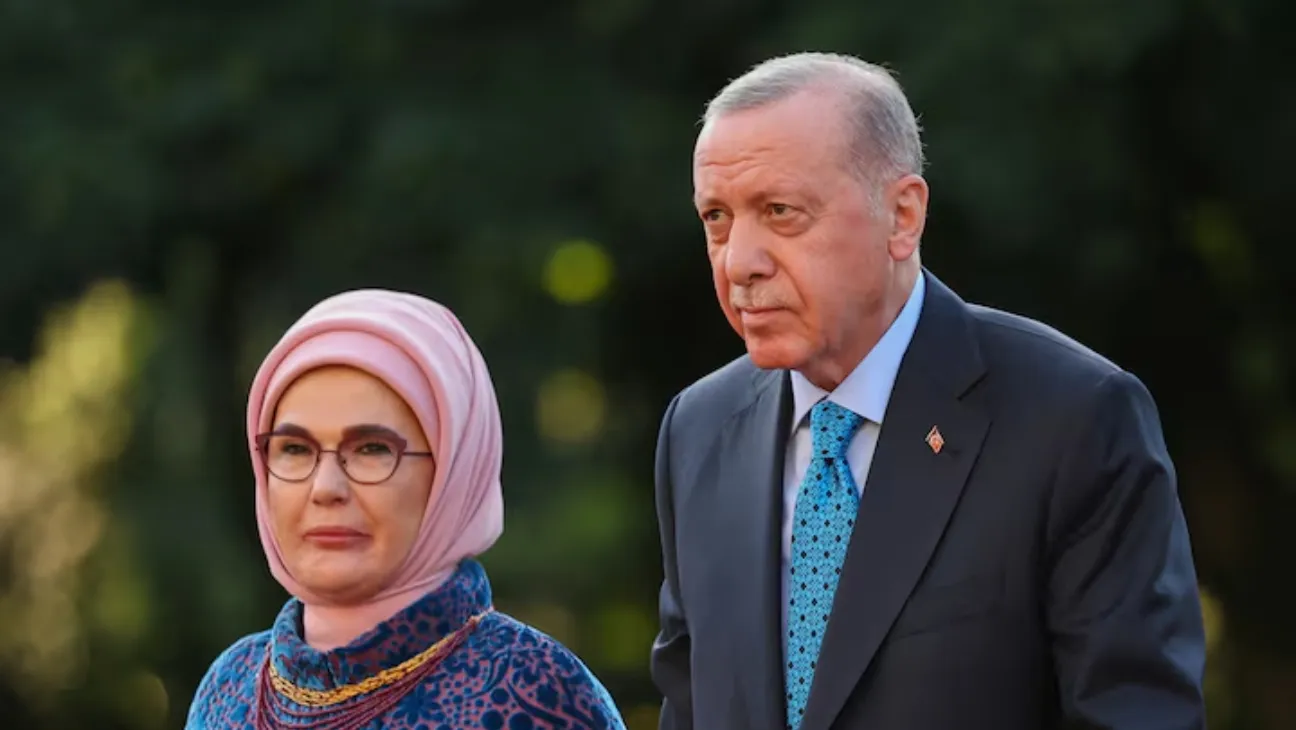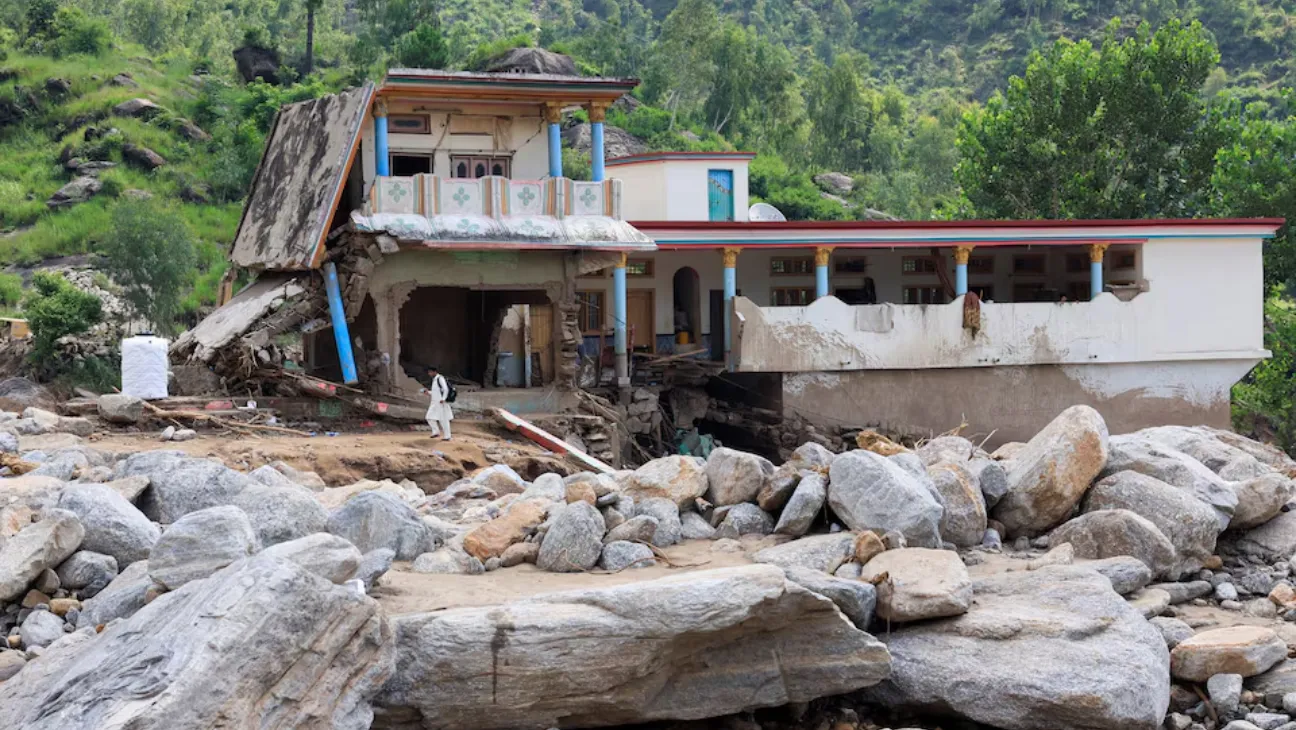Israel announced Sunday it would suspend military operations for 10 hours daily in specific areas of Gaza and open new aid corridors, responding to intensifying international concern over starvation and mass displacement in the enclave.
The move comes as the United Arab Emirates and Jordan resumed airdrops, delivering 25 tons of food and supplies. A Jordanian official confirmed it was their first drop in months and emphasized the effort was not a substitute for land-based delivery.
Each day, a ceasefire will take effect between 10 a.m. and 8 p.m. in Al-Mawasi, Deir al-Balah, and areas of Gaza City. Aid convoys will be permitted to move along designated routes from 6 a.m. to 11 p.m.
The declaration was made, but the chaos didn’t stop. Violence continued throughout the area. Health officials in central Gaza reported at least 17 people were killed and 50 injured on Sunday while waiting for aid. Meanwhile, 10 others were reportedly hurt by falling boxes during the airdrop.
U.N. humanitarian chief Tom Fletcher said aid teams would take advantage of the pause. “Our teams on the ground… will do all we can to reach as many starving people as we can in this window,” he wrote on X.
The humanitarian toll is staggering. Gaza’s Health Ministry reported 133 deaths linked to malnutrition, including 87 children. Among the latest was a five-month-old girl, Zainab Abu Haleeb, who died Saturday at Nasser Hospital. Her mother, Israa, said she had spent three months in the hospital hoping for recovery.
The Egyptian Red Crescent sent over 100 trucks with more than 1,200 metric tons of food toward southern Gaza on Sunday. But by late afternoon, trucks were still stuck at Kerem Shalom crossing, pending inspection.
The ongoing hunger crisis has drawn widespread criticism. Last week, 25 countries including the UK, France, and Canada called Israel’s aid restrictions “unacceptable.” French President Emmanuel Macron’s recent support for Palestinian statehood was partly driven by the worsening situation.
Israel, which fully shut off aid in early March before reopening access with new controls in May, maintains that Hamas is to blame for the crisis. Officials say sufficient aid has been permitted but must be tightly regulated to prevent militant diversion.
Tensions between political factions are also evident. Far-right Israeli National Security Minister Itamar Ben-Gvir said the aid decision was made without his input and condemned it as a “surrender.” He repeated calls to cut off all assistance, seize control of Gaza, and displace its population.
Prime Minister Benjamin Netanyahu defended the decision to allow aid. “We will continue to act until we achieve all our war goals—until complete victory,” he said. He added that Israel is progressing on both military fronts and negotiations.
Hamas rejected the aid measures, arguing they fell short and served as a distraction from ongoing military operations. “What is happening isn’t a humanitarian truce,” said Hamas official Ali Baraka.
Negotiations in Doha have stalled. Both Israel and the United States indicated on Friday that they are stepping back from talks, citing Hamas’ unwillingness to make concessions.
The war, now in its tenth month, began when Hamas-led militants entered southern Israel on October 7, killing 1,200 people and taking over 250 hostages, according to Israeli officials.
Since then, Israeli air and ground operations have killed nearly 60,000 people in Gaza, most of them civilians, according to Gaza’s health authorities. Much of the enclave has been reduced to rubble, with millions displaced and aid deliveries often too little, too late.
Many Gazans welcomed the brief relief, but see it as nowhere near enough. “People are happy that large amounts of food aid will come into Gaza,” said Tamer Al-Burai, a local business owner. “We hope today marks a first step in ending this war that burned everything up.”









